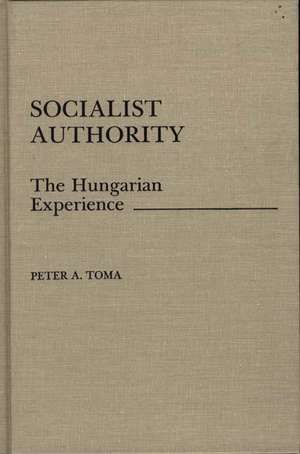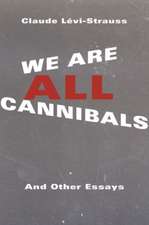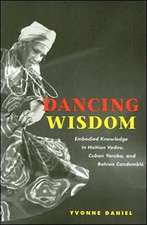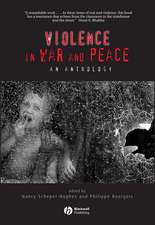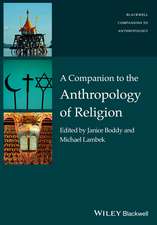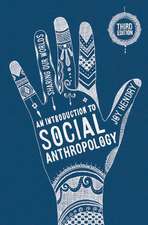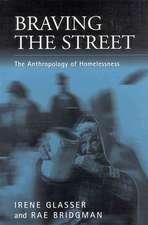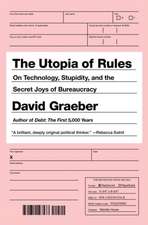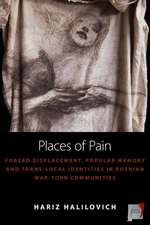Socialist Authority: The Hungarian Experience
Autor Peter A. Tomaen Limba Engleză Hardback – 21 feb 1988
Careful followers of reform movements within Communist bloc countries will profit from this new work by a specialist on Hungarian politics. Twenty years after introduction of the New Economic Mechanism (NEM), both the Hungarian elite and the mass population have had mixed experiences with the process of reform. From the vantage point of the elite, in the 1980s reform has moved beyond the economic realm into the political. Passage of the new Electoral Law of 1983 resulted in the transfer of more power to locally elected governmental bodies and also produced contested elections for legislative seats. "Choice"
Toma addresses the question: What are the factors and variables that permit one socialist system to exercise more economic, political, and social freedom than another? He studies authority in contemporary Hungarian society with an emphasis on communist practices versus ideological absolutes. He tests some generally accepted views of the socialist system in Hungary and shows how the Hungarians have attempted to resolve the question of how to combine socialist economic planning with social justice. Through a series of case studies, he differentiates between the theory and the practice of socialist authority, mainly through an analysis of how Hungarians have learned to circumvent restrictions imposed by the regime.
Preț: 439.69 lei
Preț vechi: 708.84 lei
-38% Nou
84.14€ • 89.97$ • 70.15£
Carte tipărită la comandă
Livrare economică 18 aprilie-02 mai
Specificații
ISBN-10: 0275926028
Pagini: 315
Dimensiuni: 156 x 234 x 19 mm
Greutate: 0.62 kg
Editura: Praeger
Colecția Praeger
Descriere
Toma addresses the question: What are the factors and variables that permit one socialist system to exercise more economic, political, and social freedom than another? He studies authority in contemporary Hungarian society with an emphasis on communist practices versus ideological absolutes. He tests some generally accepted views of the socialist system in Hungary and shows how the Hungarians have attempted to resolve the question of how to combine socialist economic planning with social justice. Through a series of case studies, he differentiates between the theory and the practice of socialist authority, mainly through an analysis of how Hungarians have learned to circumvent restrictions imposed by the regime.
